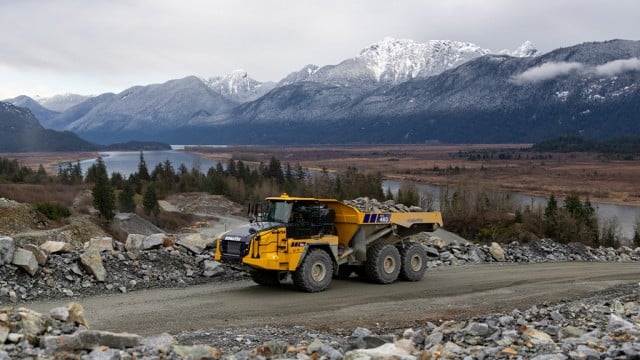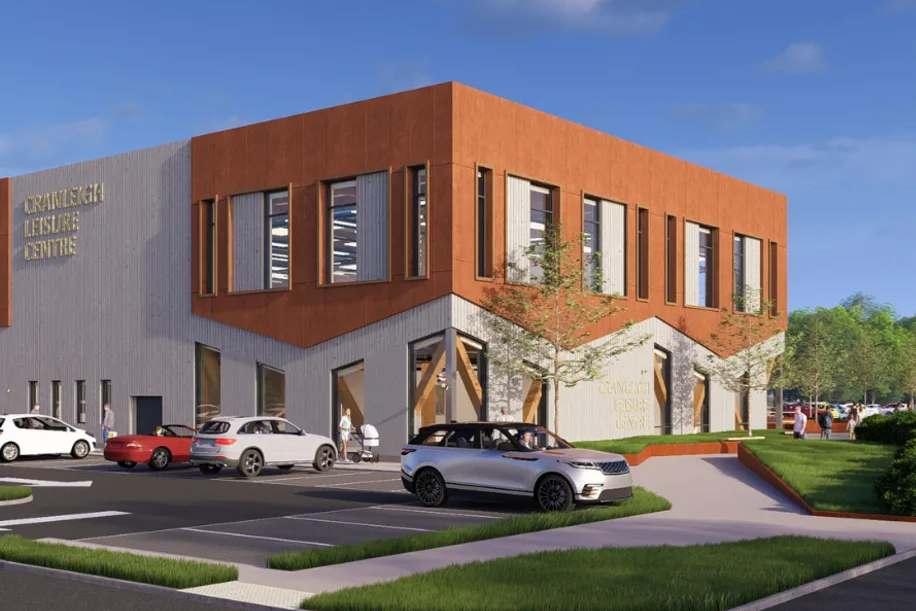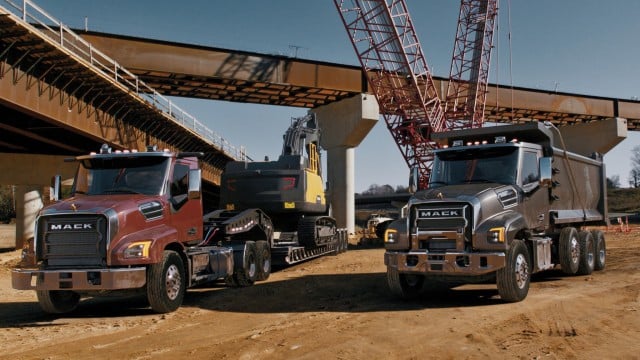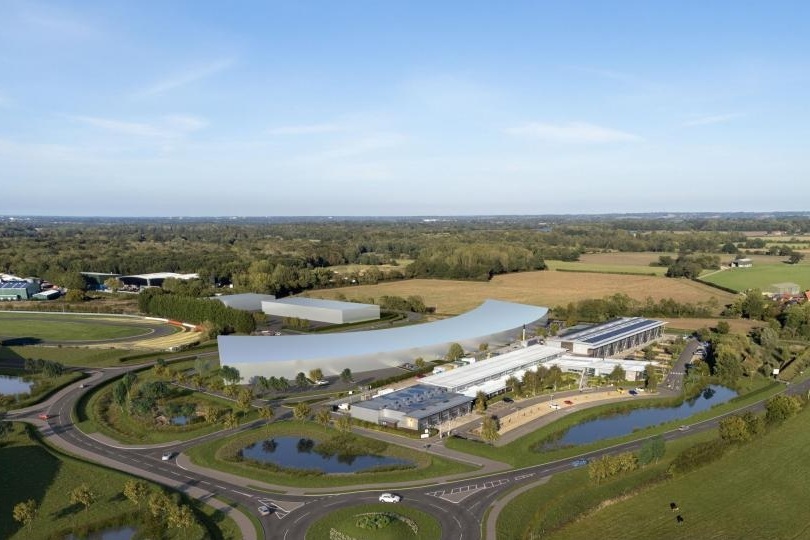Four Cement Producers Win Federal Funding for Carbon-Neutral Projects
Over $1 billion in federal funding is going to four cement producers aiming to cut greenhouse gas emissions.

Over $1 billion in federal funding is going to four cement projects aiming to cut greenhouse gas emissions.
The U.S. Department of Energy announced funding for several decarbonizing cement and concrete projects — including four Portland Cement Association member companies — through the Bipartisan Infrastructure Law and the Inflation Reduction Act. Each of the projects will also match the funding they receive.
“This funding is a welcome acknowledgement from the government that America’s cement manufacturers are taking ambitious and significant steps toward reaching carbon neutrality,” said Mike Ireland, PCA president and CEO. “This will move the needle closer to achieving what industry considers the ‘heavyweight’ of carbon solutions: Carbon Capture Utilization and Storage (CCUS). Once established nationwide, CCUS will greatly accelerate cement manufacturers’ charge toward net zero.”
The DOE committed a total of $6 billion for 33 projects in the U.S. to decarbonize multiple energy-intensive industries, with the aim of reducing the equivalent of more than 14 million metric tons of carbon dioxide emissions each year.
The four PCA member projects include:
- Heidelberg Materials US, Inc., awarded up to $500 million: Build and operate an integrated carbon capture, transport and storage system at Heidelberg’s newly modernized plant in Mitchell, Indiana, capturing at least 95% of the carbon dioxide. The Mitchell plant was opened in 2023 and bill as "substantially increase local production levels while significantly reducing CO2 emissions and energy consumption."
- National Cement Company of California, Inc., awarded up to $500 million: Produce carbon-neutral cement at its Lebec, California plant, using locally sourced biomass from agricultural byproducts instead of fossil fuels. The project will also replace clinker with a less carbon intensive alternative to produce limestone calcined clay cement, and capture and sequester the plant’s remaining approximately 950,000 metric tons of CO2 each year.
- Summit Materials, Inc., awarded up to $215.6 million: Build four new calcination facilities in Maryland, Georgia and Texas, showcasing the viability of displacing high-emitting limestone-based cement with a clay-based product, potentially preventing 1.1 million metric tons of CO2 emissions per year.
- Roanoke Cement Company, awarded $61.7 million: Demonstrate the ability to utilize widely available clay types to minimize the most carbon-intensive component in cement at its Troutville, Virginia, plant. This will aid in validating the market for calcined clays in a region with high demand for the material while reducing the carbon intensity by an estimated 83%.

 machineryasia
machineryasia 








